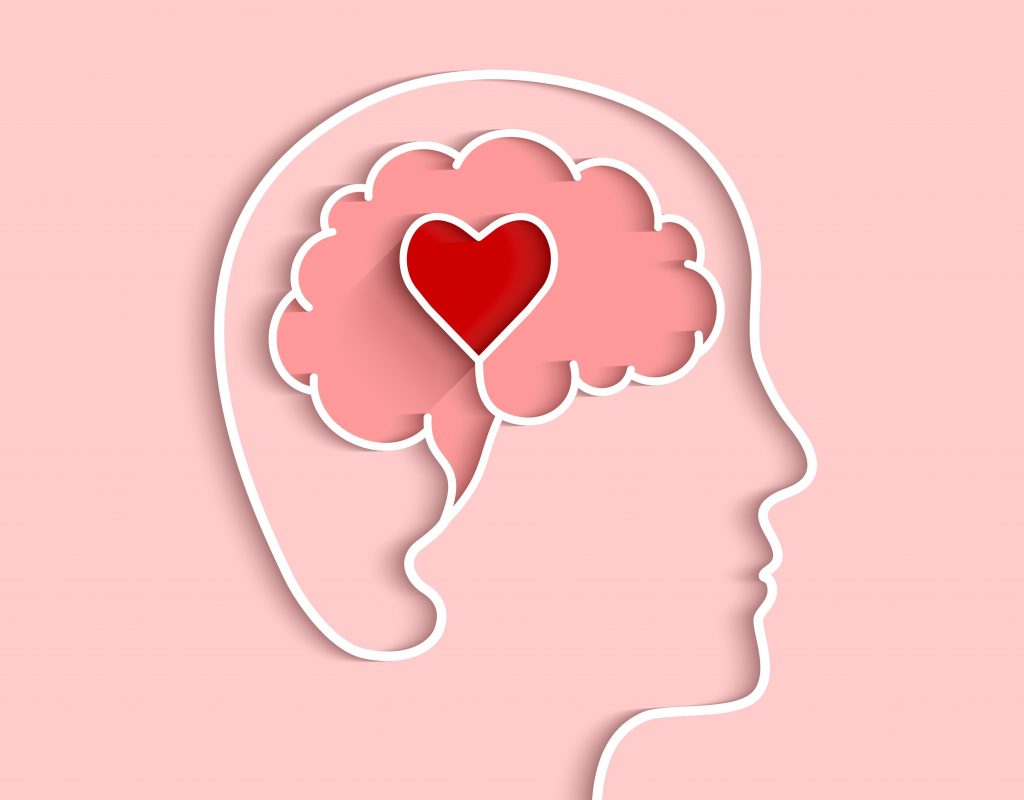Due to taboos and shame around aging and women’s health, people often don’t speak openly about menopause and its effects. This can cause individuals experiencing menopause to be confused and feel isolated, as if they are experiencing these symptoms alone. However, through learning and open discussion, we can recognize the signs of menopause and create a supportive environment for people experiencing this change.
Menopause is a natural phenomenon that occurs as humans age. It is a set of hormonal changes marked by the disappearance of a person’s menstrual cycle. Menopause can have various effects, including changes in the body, new feelings and behaviors, and emotional impacts. The effects of menopause are complicated and can be different for different people.
Symptoms of Menopause
Menopause is characterized by hormonal changes centered around decreasing estrogen levels in a person’s body. Changes in periods are often the first noticeable symptoms of menopause. Hot flashes, or sudden feelings of heat in the body, are another common symptom of menopause. This can be related to difficulty sleeping, which many people experience in menopause.
There are many symptoms of menopause, and they can vary significantly based on the person. Other symptoms can include changes in your physical body, changes in mood, aches, and pains, or memory problems. If you are unsure whether you are experiencing symptoms of menopause, talk to your doctor.
Challenges of Menopause
Menopause often occurs at a time of life characterized by major changes. For example, you may be caring for aging parents or have children growing up or moving away. As people enter middle age, they may also find changes in their social networks. In addition to the physical changes that menopause brings, these changes can be challenging to accept and adapt to.
People experiencing menopause can also face various societal challenges. Negative stereotypes around older people and aging can cause people to feel more isolated and less valued in society. In addition, social taboos may lead people not to talk about the physical changes they are experiencing, making these changes seem more isolating and overwhelming.
Everyone’s Experience is Different
With menopause, as with other physical and mental processes, everyone’s experience is different. Menopause often begins between the ages of 45 and 55 and can last between seven to fourteen years. The duration and age of onset can vary based on genetic factors, lifestyle factors, and social factors that may impact a person’s quality of life.
Different people also experience menopause differently. Each person will have different symptoms and can experience them with varying levels of severity. If you or a loved one is experiencing menopause, it’s important to keep an open mind and adapt to create a supportive environment to navigate this transition
Menopause and Mental Health
Menopause often has a significant impact on mental health. People experiencing menopause become twice as likely to experience depression. The hormonal, mental, and emotional changes of menopause can also cause a resurgence of symptoms in people who have experienced depression, anxiety, or other mental disorders in the past.
Increases in symptoms of mental disorders can come from the hormonal changes in menopause, but they can also be linked to other stressors that tend to come up at this time of life. Major life changes are frequently a risk factor for various mental disorders, and menopause is no different. While it is relatively rare for a person with no history of depression or anxiety to experience a severe case of this disorder in menopause, it is common for old symptoms to reappear.
Addressing Mental Health in Menopause
Addressing the effects of menopause, both preemptively and as they come up, can make it much easier to deal with the changes and potential challenges of this time. When experiencing major life changes, it can be helpful to seek counseling or therapy, even if you are not experiencing any symptoms of mental disorders. Creating strong and healthy coping mechanisms can help prepare you for changes and difficulties that arise due to physical or other processes.
It is also important to create supportive environments for people experiencing menopause at an individual and a group level. Examining the beliefs and unconscious biases we may have around aging, menopause, or discussing women’s health can help us keep an open mind and support people going through these changes. Most importantly, it’s essential to create supportive communities and environments so that people don’t have to experience major physical, mental, or situational changes alone.






